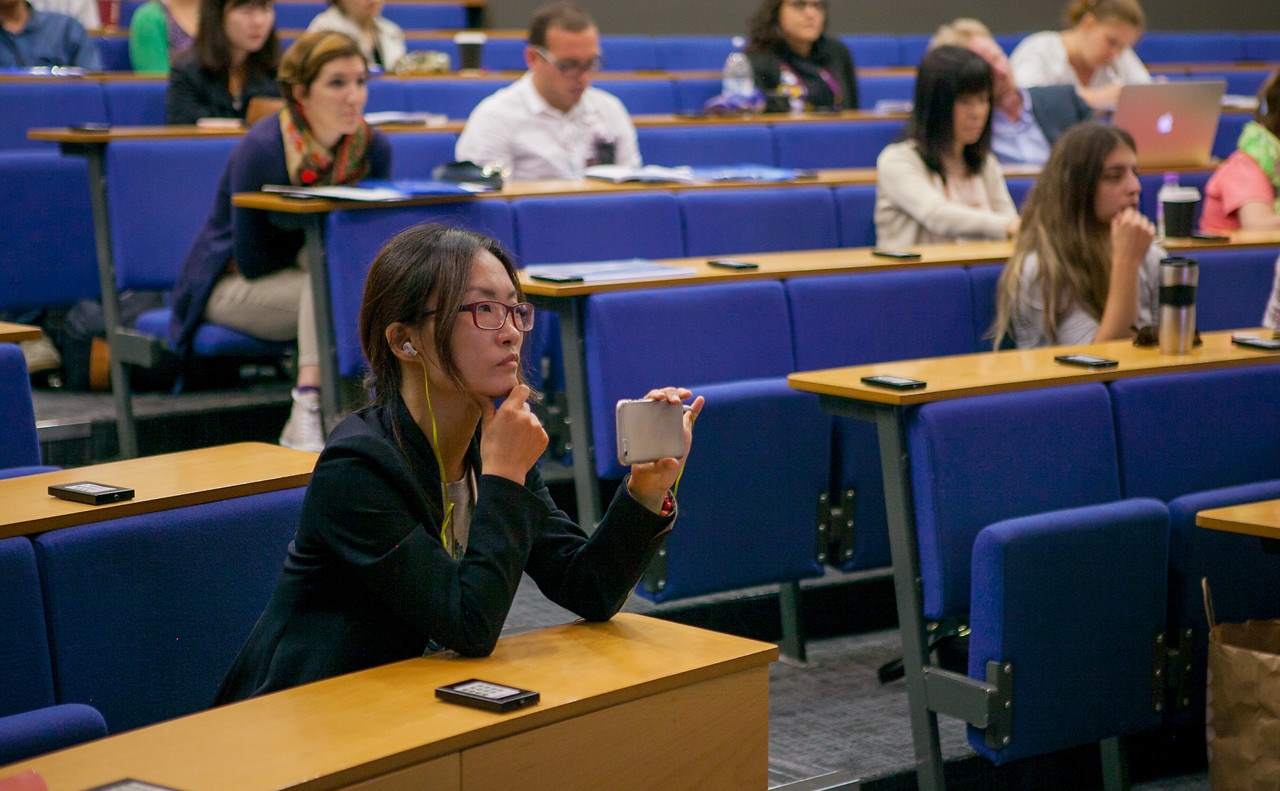The governance of higher education in Europe and the UK

About this project
It is generally accepted that there is a ‘crisis of governance’ which extends over both public and private sectors of the economy, in the corporate world as much as in the management of public services.
Higher education is not immune from this and substantial changes have taken place at the system and at the institutional levels. These changes have been driven by governments, themselves responding to global pressures (EU, OECD, World Bank etc) and by the demands of austerity, greater accountability, widening participation, international competition and the employment market.
One response in many European countries has been a devolution of governance and management, including financial management, from central government to universities. This has led to universities being able to exercise greater autonomy within steering and accountability frameworks laid down by governments.
In the UK, the removal of student number controls and the introduction of a new tuition fee based funding approach has produced a more marketised system. In all countries there has been a considerable growth in ‘alternative providers’, private universities either operating as self-financing charitable bodies or as for profit enterprises. All this has put traditional patterns of governance under strain.
There were three main strands to the research programme:
- An examination of global influences on HE governance through a review of the policies and activities of international organisations and of the impact of league tables, of the Bologna Process, and the existence of internationally dominant HE system models;
- A review of the changing forms of HE system governance in Europe and the UK including issues surrounding devolved or centralised governance, the existence of intermediary bodies and the inter relationship of the governance of public and private HE;
- An assessment of the evolution of institutional governance under the pressures of 1 and 2 and of student growth, history and complexity, differentiation and diversification, accountability and public engagement and entrepreneurial orientation.
Policy implications
With demographic constraints on further extensive expansion of higher education, it is timely to explore whether current approaches to governance – at system as well as institutional levels – remain fit for purpose.
What can we learn in respect to centralised or devolved approaches to system governance, or in regard to more managerial or participative approaches at the institutional level? Are there new governance paradigms emerging? How far is academic performance linked to good governance?
Project methods
The research involved a substantial interrogation of the literature as well as the written evidence and documentation of different European HE systems, together with empirical work.
Nine case study universities were selected for the UK study, four in England and two each in Scotland, Wales and Northern Ireland plus one new for-profit university.
Four case study countries were selected for the wider European research programme. The complete programme involved more than 100 interviews at the global, system and institutional levels.
Team
Publications
CGHE working papers
- ‘Governance’ – in crisis? A cross-disciplinary critical review of three decades of ‘governance’ scholarship (CGHE Working Paper 20, Aniko Horvath, June 2017)
- Public goods and public policy: what is public good, and who and what decides? (CGHE Working Paper 18, Ellen Hazelkorn and Andrew Gibson, May 2017)
- University governance in flux. The impact of external and internal pressures on the distribution of authority within British universities: A synoptic view (CGHE Working Paper 13, Michael Shattock, February 2017)
Additional publications
- Shattock, M. and Horvath, A. (2020, accepted) The decentralisation of the governance of UK higher education: the effects of devolution to Scotland, Wales and Northern Ireland, and on England. Policy Reviews in Higher Education
- Shattock, M. and Horvath, A (2019). The Governance of British Higher Education: The impact of governmental, financial and market pressures. London: Bloomsbury.
- Hazelkorn, E. and Gibson, A. (2019). Public goods and public policy: what is public good, and who and what decides? Higher Education, 78 (2), pp. 257-271.
- E. Hazelkorn (2019) “Evolving Architecture of/for International Education and Global Science” in de Wit and Godwin (Eds.) Intelligent Internationalization: The Shape of Things to come. Festchrift. Leiden: Brill Publishers.
- Tomlinson, M., Enders, J. & Naidoo, R. (2018): The Teaching Excellence Framework: symbolic violence and the measured market in higher education, Critical Studies in Education, published online first: DOI: 10.1080/17508487.2018.1553793
- Shattock, M. (2017). University governance in flux. The impact of external and internal pressures on the distribution of authority within British universities: A synoptic view. Higher Education Quarterly, 71 (4), pp. 384-395.
- Enders, J. (2017). The Rise and Fall of Systems Thinking: Towards a Post-Bourdieuan Study of Field Dynamics. In Scott, P., Gallacher, J. & Parry, G. (eds.) New Languages and Landscapes of Higher Education. Oxford: Oxford University Press, 173-187.
- Enders, J. (2016). Universitäten und Fachhochschulen. In Simon, D., Knie, A., Hornbostel, S. & Zimmermann, K. (eds.) Handbuch Wissenschaftspolitik, 2nd edition. Wiesbaden: Springer VS, 503-516.






